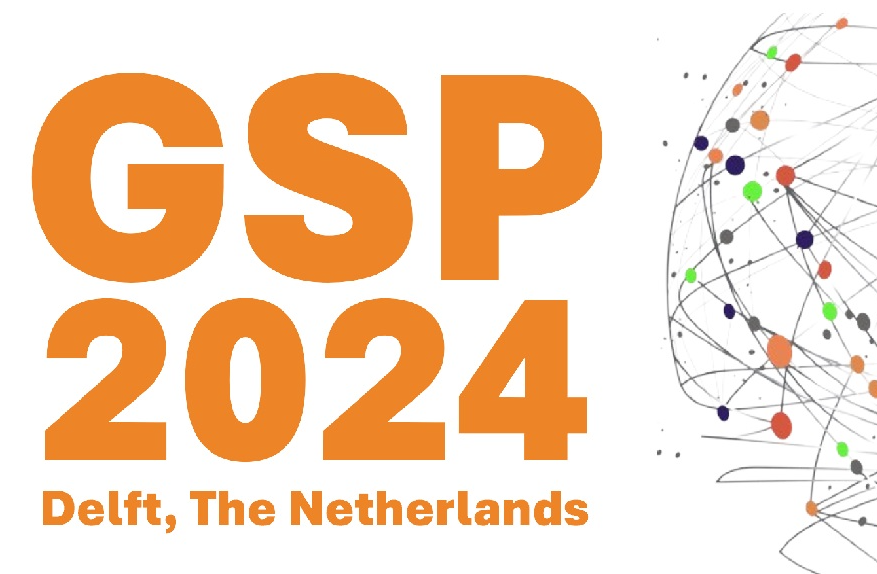Agenda
MSc SS Thesis Presentation
- Thursday, 30 August 2018
- 10:00-10:45
- HB 01.230
Vessel Layer Separation of X-ray Angiographic Images using Deep Learning Methods
Haidong Hao
Percutaneous coronary intervention is a minimally-invasive procedure to treat coronary artery disease. In such procedures, X-ray angiography, a real-time imaging technique, is commonly used for image guidance to identify lesion sites and navigate catheters and guide-wires within coronary arteries. Due to the physical nature of X-ray imaging, photon energy undergoes absorption when penetrating tissues, rendering a 2D projection image of a 3D scene, in which semi-transparent structures overlap with each other. The overlapping structures make robust information processing of X-ray images challenging. To tackle this issue, layer separation techniques for X-ray images were proposed to separate those structures into different image layers based on structure appearance or motion information. These techniques have been proven effective for vessel enhancement in X-ray angiograms. However, layer separation approaches still suffer either from non-robust separation or long processing time, which prevent their application in clinics.
The purposes of this work are to investigate whether vessel layer separation from X-ray angiography images is possible via deep learning methods and further to what extent vessel layer separation can be achieved with deep learning methods.
To this end, several deep learning based methods were developed and evaluated to extract the vessel layer. In particular, all the proposed methods utilize a fully convolutional network (FCN) with two different architectures, which was trained by two different strategies: conventional losses and an adversarial loss.
The results of all the methods show good vessel layer separation on 42 clinical sequences. Compared to the previous state-of-the-art, the proposed methods have similar performance but runs much faster, which makes it a potential real-time clinical application. In addition, the proposed methods were assessed for low-contrast / low-dose scenarios with synthetic X-ray angiography data, and the results showed robust performance.
Agenda
- Thu, 25 Apr 2024
- 11:00
- HB 17.140
Signal Processing Seminar

Yanbin He
Modelling Error Correction in Sparse Bayesian Learning via Grid Optimization
- Tue, 30 Apr 2024
- 10:00
- HB18.090
MSc SPS Thesis presentation
Wim Kok
A SystemC SNN model for power trace generation
- Mon, 6 May 2024
- 12:30
- Aula Senaatszaal
PhD Thesis Defence

Christoph Manss
Multi-agent exploration under sparsity constraints
- Tue, 21 May 2024
- 10:00
- Aula Senaatszaal
PhD Thesis Defence

Wangyang Yu
- 27 -- 28 May 2024
- Aula, TU Delft
Conferences

44th Benelux Symposium on Information Theory and Signal Processing (SITB'24, Delft)
- Tue, 18 Jun 2024
- 15:00
- Aula Senaatszaal
PhD Thesis Defence

Hanie Moghaddasi
Model-based feature engineering of atrial fibrillation
- Mon, 24 Jun 2024
- Aula, TU Delft
Conferences
